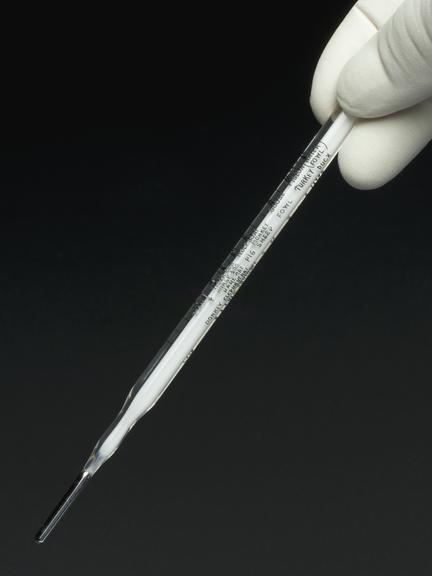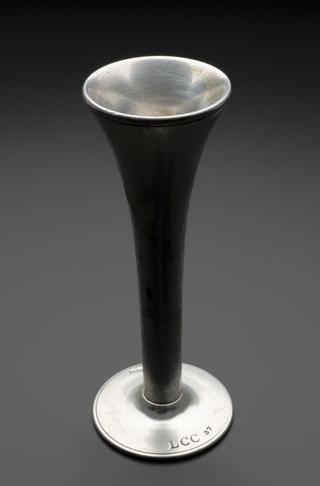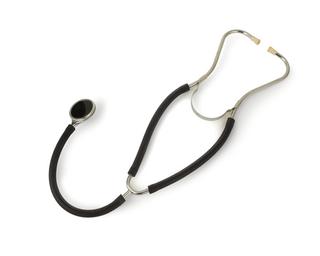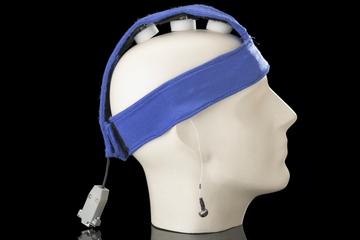
Veterinary thermometer, England, 1950-1978
- maker:
- F W Johnston and Daughter






Fahrenheit clinical mercury thermometers, for veterinary application glass, by F. W. Johnston and Daughter, Hendon, 1950-1978
How can you tell if your pet is ill? Like very young children, animals pose a problem for diagnosis because they can’t tell us how they feel. One day Fluffy the rabbit is lively and eating well, the next she has gone off her food and is not her normal self.
One way to investigate Fluffy’s health would be to take her temperature with a thermometer. The vet says she has a temperature of 39.5°C – a high fever by human standards. Is this the end for Fluffy? What are the chances she’ll pull through? In fact, 39.5°C is perfectly normal for a rabbit.
Veterinarians have measured the average temperatures of healthy animals and found that different species have different temperatures. Armed with this information, they’ve defined normal temperatures for cats, dogs and other pets. On veterinary thermometers like the one shown the markings indicate normal temperatures for each species.
Definitions of normality can help practitioners make decisions about the health of a patient – human or animal. Fluffy’s normal temperature suggests she doesn’t have an infection, so who knows, perhaps she was just having a bad day, or didn’t like the new sunflower seed treat?
Details
- Category:
- Clinical Diagnosis
- Object Number:
- 1979-670/8
- Materials:
- filling, mercury and body, glass
- type:
- thermometer
- credit:
- Johnston, F




